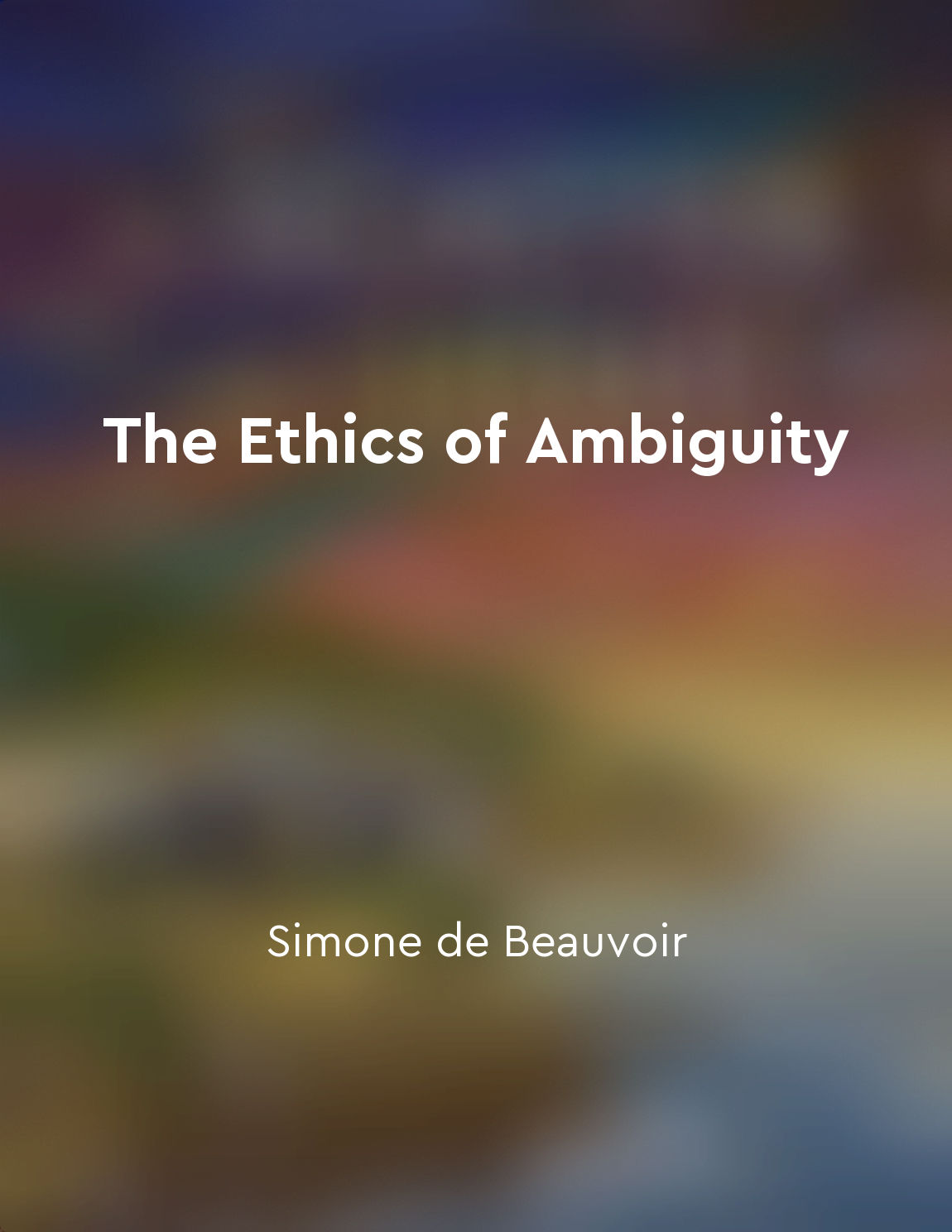Différánce and its complexities from "summary" of Derrida and Deconstruction by Hugh J. Silverman
The concept of Différánce, as elaborated by Derrida, is a fundamental aspect of his deconstructive philosophy. Différánce captures the dual nature of difference and deferral, highlighting how meaning is always deferred and never fully present. This idea challenges traditional notions of language and representation, emphasizing the fluid and unstable nature of signification. Différánce introduces a complex interplay between presence and absence, revealing the inherent instability and indeterminacy of language. Derrida argues that meaning is always deferred through a process of differentiation, where signifiers constantly refer to other signifiers in an endless chain of substitutions. This endless deferral of meaning undermines the idea of a fixed or stable truth, instead highlighting the contingency and ambiguity of language. Furthermore, Différánce disrupts binary oppositions and hierarchical structures by exposing the inherent instability and fluidity of these distinctions. Derrida's deconstructive approach seeks to destabilize traditional categories and reveal the underlying complexities and contradictions within language and thought. By emphasizing the play of difference and deferral, Derrida challenges the idea of a fixed, unified meaning and opens up new possibilities for interpretation and understanding. The concept of Différánce is not just a theoretical abstraction but has important implications for how we understand language, meaning, and knowledge. It invites us to question the foundations of our beliefs and to recognize the limits of our conceptual frameworks. By embracing the complexities of Différánce, we can become more attuned to the nuances and ambiguities of language, leading to a richer and more nuanced understanding of the world around us.Similar Posts
Values vary globally
The idea that values vary globally is a fundamental truth that we must acknowledge if we are to truly understand the world we l...

Perspective shapes our reality
The way we see the world isn't just a reflection of the world. It's more than that. Our perspective doesn't just mirror reality...

The search for certainty can lead to ethical stagnation
When we embark on a quest for absolute certainty in our ethical beliefs, we unwittingly close ourselves off to the complexities...

Society often imposes false absolutes on individuals
Society tends to create rigid categories and fixed labels that individuals are expected to conform to. These absolutes are ofte...

The pursuit of authenticity requires constant vigilance
In the quest for authenticity, one must always be on guard. Authenticity is not a fixed state that one can achieve and then for...
Answerability involves recognizing the perspectives of others
Answerability is a fundamental aspect of human existence, requiring individuals to acknowledge and engage with the perspectives...
